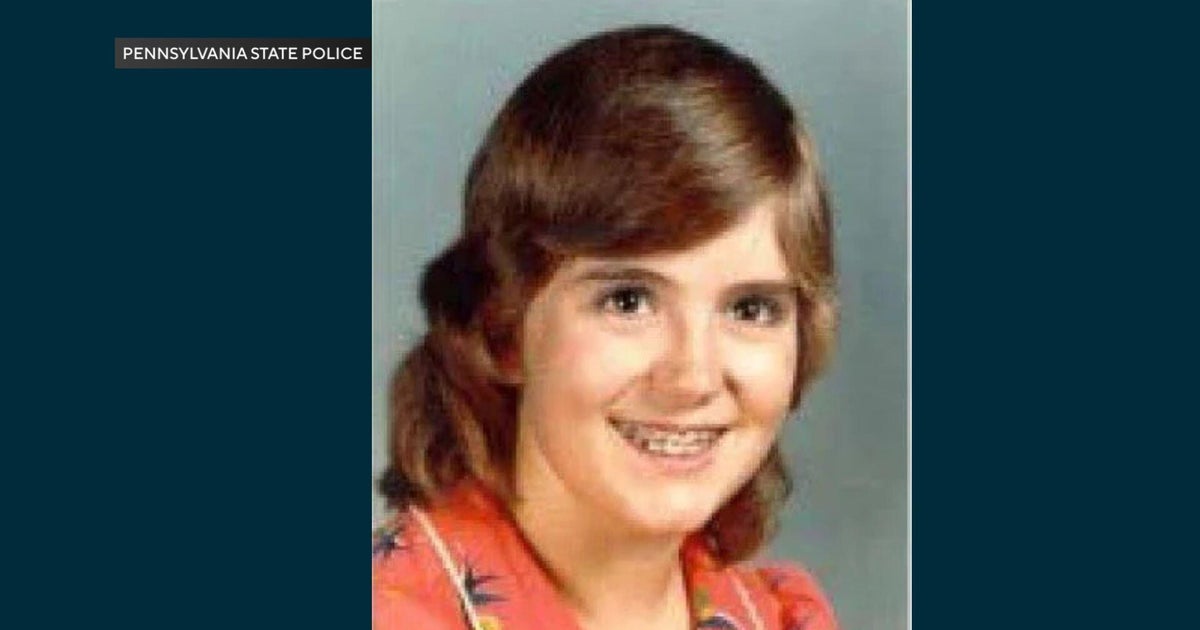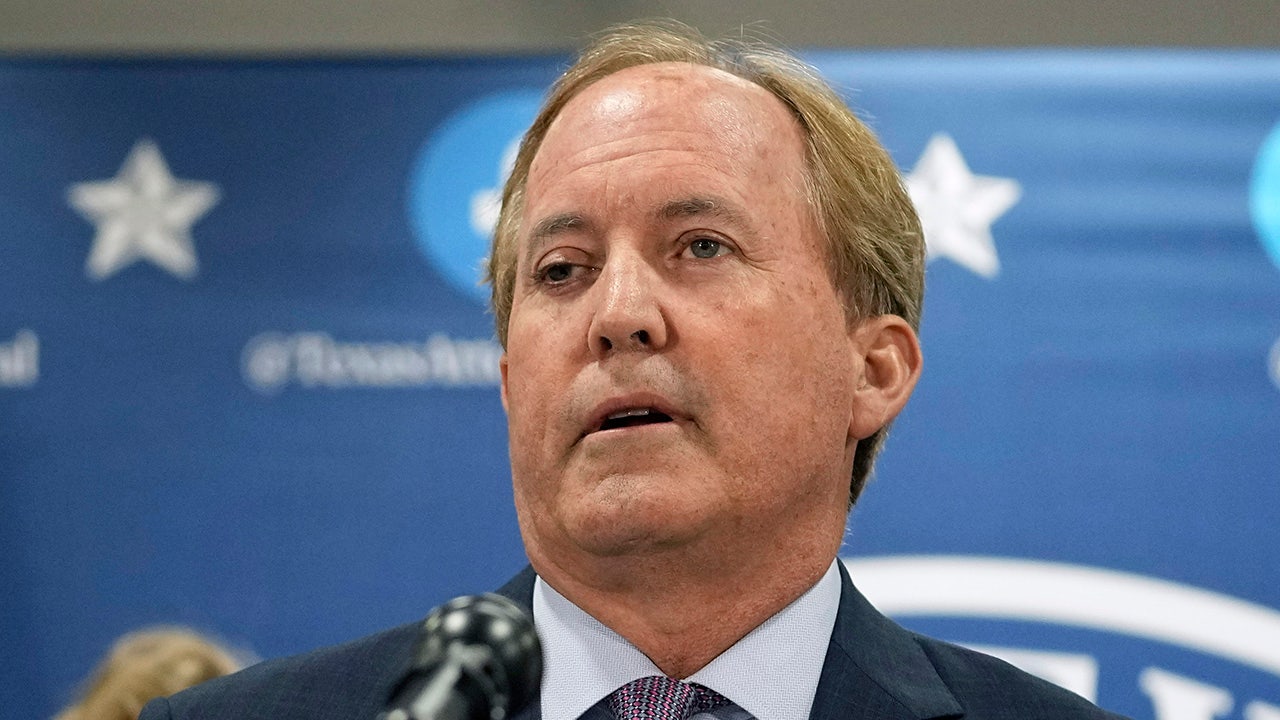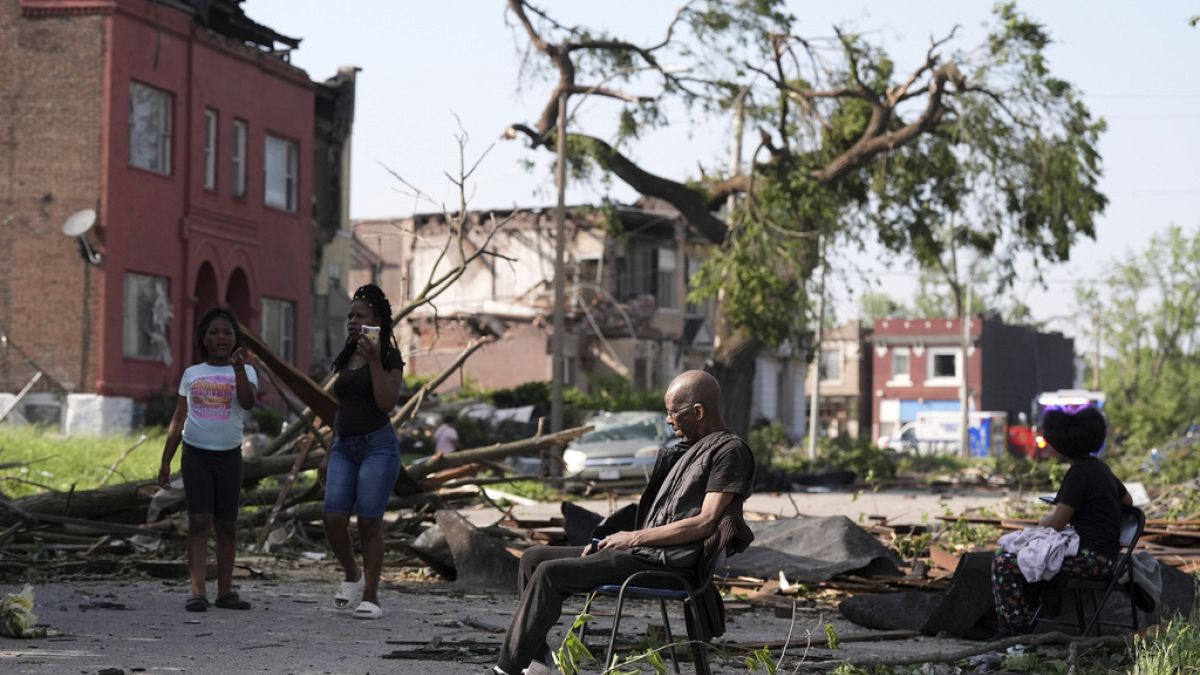Pennsylvania
Dwan Walker: Credit card bill bad for Pennsylvanians

Here in Aliquippa and communities across Western Pennsylvania, we’re seeing how the hard work and determination of ordinary citizens contributes to the strength and resolve of our commonwealth. Bouncing back in the aftermath of a global pandemic has not been easy, but our neighbors are getting back to work, taking chances on opening or reopening small businesses and doing what they can to provide for their families.
But a new bill in Congress that takes aim at the credit card market threatens to make all this more difficult for average Pennsylvanians, and particularly our neighbors in Black and brown communities.
The African American community is often disproportionately impacted by the barriers that everyday Americans see to credit and capital access. Being able to obtain and grow credit makes recoveries like the ones we have seen possible, but if consumers cannot access credit, they are left behind.
That’s why I oppose the Credit Card Competition Act of 2023 (CCCA), a bill in the U.S. Senate that would have deep ripple effects in Black and brown communities at a critical time when we are trying to foster business growth and give average citizens a leg up.
Having access to credit is tremendously important in today’s economy, and particularly in diverse communities that have long faced barriers to equal access for banking and credit services. Credit cards allow us to build a credit history so we can compete for the best interest rates for mortgages or auto loans. While we might not often think about it, responsibly using credit cards can create opportunities that lift our communities. However, those backing the CCCA — huge corporate retailers like Walmart and Amazon — will make credit more expensive and less accessible to many Pennsylvanians.
This bill gives superstores a huge break on interchange fees, which are the fees they pay to process electronic payments. They stand to make an extra $40 billion to $50 billion a year from this bill , shifting the financial burden to companies who offer credit cards to consumers, and we will end up paying the price.
Interchange fees help ensure credit cards are the safest way to purchase goods and services. Interchange fees fund fraud protection services and provide incentives for banks and credit card companies to take a risk lending to new borrowers. If banks respond to these changes like they did when similar legislation was passed affecting the debit card market, we can expect increased interest rates, additional fees and added difficulty when applying for credit.
Community banks and credit unions — often the most easily accessible banking institutions for communities of color — stand to lose billions. The bill will generate an industry-wide impact, and the banks will have to make up the lost revenue somewhere.
Our communities have worked so hard to lead an economic recovery in recent years, but many hard-working people have yet to realize those gains, so it is my hope that our legislators won’t inadvertently add one more hurdle for us to overcome when there is still so much work left to do to strengthen our economy and lift up Black and brown communities in the process.
I’m calling on Congress to reject the Credit Card Competition Act. I trust that our excellent senators in Pennsylvania will look out for the best interests of our communities, and I hope that their colleagues will do the same.

Pennsylvania
Pennsylvania State Police mark 50 years since Delaware County teen Wendy Eaton went missing

The cold case of Wendy Eaton, a 15-year-old girl who vanished while walking to Media Borough in Delaware County, has hit 50 years in the cold case unit of the Pennsylvania State Police.
Eaton, who was a sophomore at Penncrest High School, was last seen at 2:40 p.m. at the intersection of Indian Lane and Media Station Road in Middletown Township on May 17, 1975. She had stayed home that day while her family went golfing, planning to walk into town to buy a birthday present and card for her older brother.
Police say at the time of her disappearance, Eaton was wearing a yellow sleeveless terrycloth blouse, cutoff denim shorts, and white sneakers with a blue stripe. She may have been wearing gold-rimmed eyeglasses and possibly a class ring with a red stone. She is deaf in her right ear, has pierced ears, and is left-handed.
Pennsylvania State Police
Described as a good student, musically talented, and active in church and scouting, Wendy was known for her kindness and reliability. Her family emphasized that she would never have missed her church choir rehearsal scheduled for that evening.
Officials say public assistance is vital in advancing cold case investigations like Wendy Eaton’s disappearance.
Over time, new information, eyewitness accounts, or details that may have been overlooked can emerge, helping to break through investigative dead ends. The Pennsylvania State Police urges anyone with information, no matter how insignificant it may seem, to come forward and help bring closure to Wendy’s family and the community.
You can contact the Pennsylvania State Police by calling (215) 452-5216.
Pennsylvania
Pennsylvania lawmakers working to add regulations to pet cremation industry

Watch CBS News
Be the first to know
Get browser notifications for breaking news, live events, and exclusive reporting.
Pennsylvania
Pa. Planned Parenthood advocates warn of closures if Medicaid cuts proceed

From Philly and the Pa. suburbs to South Jersey and Delaware, what would you like WHYY News to cover? Let us know!
Planned Parenthood advocates and leaders in Pennsylvania say a federal proposal to block clinics from participating in the Medicaid health insurance program could lead to future closures across the commonwealth.
An estimated 20,000 Pennsylvanians who get health care at Planned Parenthood clinics across the state have Medicaid insurance, according to Planned Parenthood Pennsylvania Advocates, the advocacy and lobbying arm of the health care organization.
“It punishes patients for accessing care at Planned Parenthood, and it will raise health care costs for everyone,” said Signe Espinoza, executive director of the advocacy and lobby arm.
The proposal, led by Republican lawmakers, is part of a larger national budget plan that includes Trump administration wish list items like tax cuts, increased military spending and reductions to assistance programs like food stamps.
In the bill is a provision that would prohibit federal Medicaid dollars from going to nonprofit family planning health centers that provide abortions.
The Hyde Amendment, which took effect in 1977, bans federal funding from being used for most abortion services. The new proposal would also ban Medicaid reimbursements for preventative health care like birth control, cancer screenings and testing for sexually transmitted diseases at these clinics.
Three affiliates — Planned Parenthood of Western Pennsylvania, Planned Parenthood Keystone and Planned Parenthood of Southeastern Pennsylvania — manage 21 health centers and clinics across the state.
The impact would be twofold, Espinoza said. Patients with Medicaid may no longer be able to get routine care and procedures at Planned Parenthood centers if they can’t afford the out-of-pocket costs.
-

 Austin, TX1 week ago
Austin, TX1 week agoBest Austin Salads – 15 Food Places For Good Greens!
-

 Technology1 week ago
Technology1 week agoNetflix is removing Black Mirror: Bandersnatch
-

 World1 week ago
World1 week agoThe Take: Can India and Pakistan avoid a fourth war over Kashmir?
-

 News1 week ago
News1 week agoReincarnated by A.I., Arizona Man Forgives His Killer at Sentencing
-

 News1 week ago
News1 week agoWho is the new Pope Leo XIV and what are his views?
-

 Politics1 week ago
Politics1 week agoDepartment of Justice opens criminal investigation into NY AG Letitia James
-

 World1 week ago
World1 week agoNew German chancellor aims for stronger EU ties with France and Poland
-

 News1 week ago
News1 week agoJudge Orders Release of Rumeysa Ozturk, Tufts Student Detained by ICE














